On Sundays, we used to attend Risley Chapel, located in the tree-shaded Cross Lane adjacent to the Warrington Road, as well as Risley Sunday School nearby. The original chapel was built in 1707; the church I attended was a very old building but I wasn’t sure it was the same. It was demolished in 1972 to make way for a new motorway, but the graveyard still remains126. In other words, the old church in Cross Lane and its history date back to the time of the English Revolution of the seventeenth century.
A new church was built later in Glover Road, but of a different denomination. Glover Road was named in honour of the services rendered by the minister J. J. Glover and his family to the community. He was minister the of Risley Chapel from 1905-1944.
Risley Sunday School
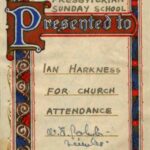
I also attended the Sunday School in Risley, which was some distance from the chapel; although now, it seems to be just a vague memory.125 I only attended it when I was a child, usually together with my mother. Looking it up on the Internet, it seems Risley Chapel has quite a history; but this account is mainly meant to be ‘boyhood recollections seen from a child’s perspective’, but if the reader wishes to read more about Reverend Thomas Risley (1630 – 1716), the English Presbyterian minister, who founded Risley Chapel, they can read the next post here.
The Sunday School might have been in the building of the old Risley Presbyterian School which was established in the Victorian period in 1850. At least, I remember that the Sunday School was an old building, and that there was an old organ there that we were allowed to play with.
I received a bible for regular attendance at Risley Sunday School; although to be honest, I think everyone received one even if they had only attended two or three times! The ‘regular attendance’ sticker glued on the inside cover of the bible is signed by the minister, W. E. Roberts but bears no date. In other words, it does not provide any definitive evidence regarding my exact age at the time; but I must have been between the ages of four to nine years old. I know it was roughly during the period when we were living at 3 York Avenue and 26 Hob Hey Lane.127
I can’t remember my brothers attending with me; perhaps they were deemed ‘too old’. But I can remember one of the church people, Miss Glover, visiting us when we lived at 26 Hob Hey Lane, where we lived until I was about thirteen years old. This means we carried on attending the church for some years. I now call W. E. Roberts ‘the minister’, which seems to be the practice within reformed Churches, but as far as I can remember, we called him ‘the vicar’.
When coming home from Sunday school, one of the Sunday School teachers or Church members would drive along the Warrington Road towards Culcheth and drop me off at the bridge that crossed over the railway line going to Culcheth Railway Station. I had to make my way home to 3 York Avenue on my own along a cinder footpath that ran parallel to the railway line. Back then this felt like a very long way to me since I was just about four or five years old – but in reality, it was perhaps only a quarter of a mile or less.
Mr. Wesley vs. Rhoda
One of the teachers at the Sunday school was called Mr Wesley, a young man with black hair in his late twenties or early thirties. On one occasion, I can remember telling my mother when I got home from Sunday School what Mr Wesley had been teaching us.
“What! Of all the nerve, these Methodists!” she would say. I can’t even remember exactly what it was that he had taught us that was so terrible; neither can I imagine that my mother was especially knowledgeable about the Bible – I think it was rather the case that he was a Methodist that was the problem.
Although my parents were Scottish Presbyterians, they never struck me as being religious at all, and they never expressed any religious sentiments. I don’t think my mother ‘believed in God’ either. The only interest my mother ever exhibited in religious questions, as mentioned above, was when she would react to what Mr. Wesley had been teaching us.
Of course, it would be highly ironic if Mr Wesley was related to John Wesley, the evangelist. This is not wholly unlikely as John Wesley’s mother gave birth to 19 children.
Santa Claus and his sack full of oranges
I have only one vivid memory of Sunday school and that is when Santa Claus visited us. The Sunday School building included a somewhat-large hall. We were told to all sit quietly on the floor of the hall in a large circle, as there was a surprise awaiting us. All the children were sitting patiently when suddenly, Santa Claus appeared grinning and carrying a big sack, saying “Ho! Ho! Ho! Happy Christmas!” in a loud merry voice. He passed by the children one by one, giving each child an orange from his sack. We were quite delighted to receive an orange!
We were quite happy with getting an orange, perhaps because we didn’t ‘expect’ to get an awful lot. Of course, this is not the ‘whole truth’. We expected to get a ‘lot’ at home on Christmas Day from Santa Claus and our family relatives – not least when we saw what our friends received. In fact, children would boast about what they had received. In this context, my parents had a hard time because they had five boys! My neighbour Billy Babcock at 26 Hob Hey Lane was only one of two children (one was his elder brother Roger). Both his parents also worked, so it was not surprising that he could boast about receiving ‘better’ presents than me.
Modern Children and Gift-Giving
It’s difficult to imagine giving any kid in Britain or Norway in the New Millennium an orange for Christmas and expecting them to be grateful! They are already used to receiving all kinds of gadgets and toys; for instance, every time they go to McDonald’s, they get to have a ‘Happy Meal’ with a ‘free’ toy). Today’s kids probably don’t even want to eat fruit!
But of course, Christmas is the season of hypocrisy! Children are socialised to believe that they should be consumers. Thus, when attending Sunday School or Church, the Minister would say, “If we honour the one whose birth is celebrated on Christmas, we will remember that he said, ‘It is more blessed to give than to receive’ (Acts 20:35).”
Of course, children will nod their heads in agreement regarding this piece of hypocritical wisdom, but not really believing it. During Christmas, children are taught by adults to think, “Me, me, me, and then me!” In other words, children are taught to be greedy, selfish, and envious. Thus, the Christmas period manages to fulfil at least three of the seven deadly sins, that is, greed, envy and gluttony.
125 First written in 2005-6, and now being edited in 2022 – so now the memory is even vaguer! I often wrote these notes on my Nokia Communicator while at MacDonald’s in Alnabru, Oslo, with my son Alan who was about seven years old at the time. He would be playing for hours quite happy in the kids’ playroom (which was a ‘climber’ perhaps). My Nokia had a computer-like keyboard which was quite handy. Due to technological ‘progress’ such keyboard phones are no longer readily accessible.
126 More technological ‘progress’.
127 I was also awarded the novel Shadow the Sheepdog by Enid Blyton for ‘regular attendance’. The book is a 1958 edition – so I must have been about nine years old at the time. It is signed by the ‘superintendent’. I can’t quite read the signature, but it might be ‘Janet R. Glover’. In other words, the church friend of my mother, and a daughter (or relative) of the minister of the church that preceded Roberts. This needs more research! I searched on Google and found a Janet R. Glover who had written “The Story Of Scotland”. Of course, this might just be a blind alley.
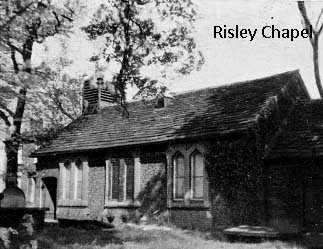
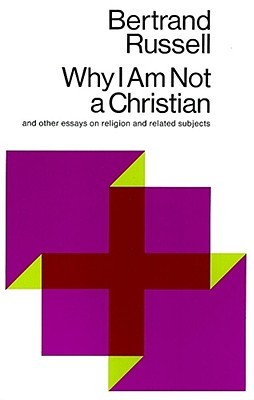
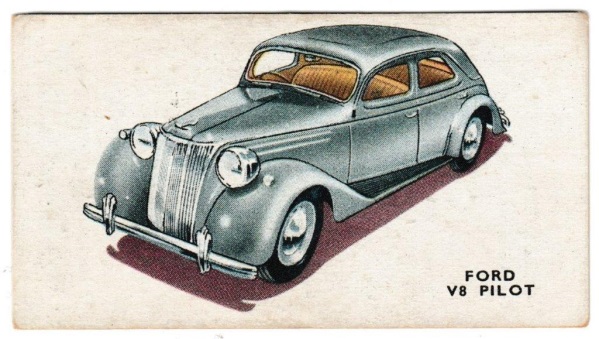
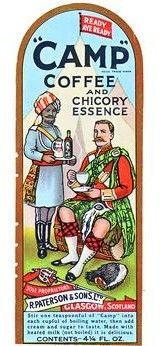
2 Replies to “Risley Chapel and Sunday School”